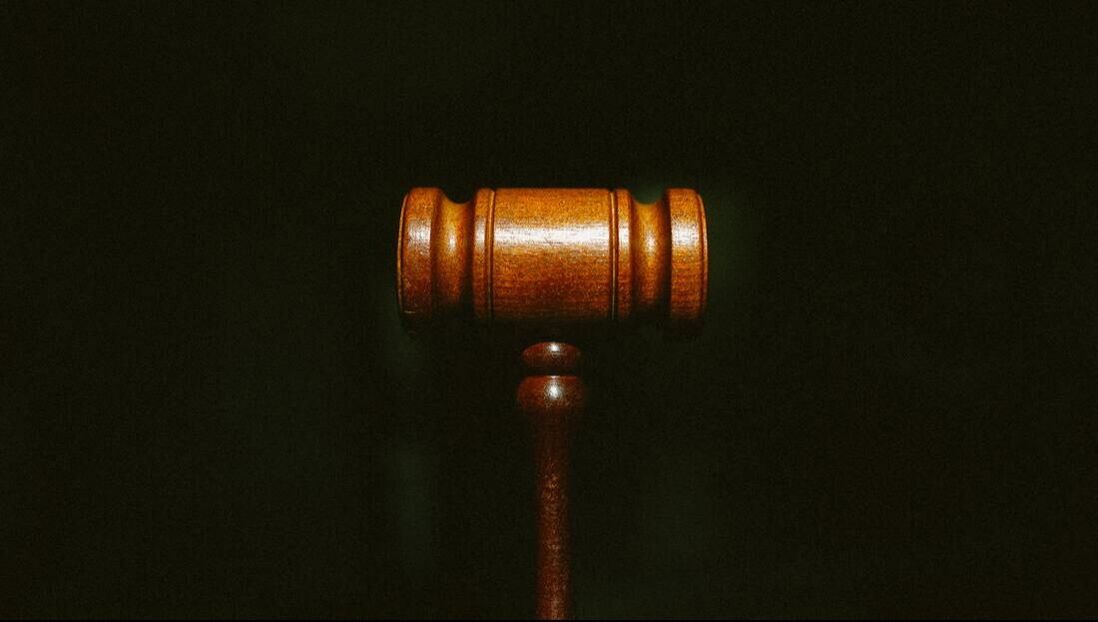|
A federal court in Richmond will soon hear arguments in a lawsuit filed by a news organization against the Commonwealth of Virginia for its policy of blacking out court records for public access over the internet.
Virginia law only allows remote access to court documents to attorneys and their staff. One reporter, Brad Kutner – who works for the plaintiff in this case, Courthouse News Service – drives to multiple cities each day to visit state courts just for access to the latest filings from public terminals. For a comprehensive review of the day’s court filing, a journalist would have to drive 485 miles, visiting 120 courts from Virginia Beach in the south to Lee County in the state’s western tip. Virginia’s attorney general’s office argues that it has “a legitimate state interest in protecting court records from the ease of exploitation that a limitless internet database would provide.” The AG’s office left unclear how “limitless” access could “exploit” court records, and why this is not a problem for the majority of states that post court documents online. Courthouse News Service alleges the law discriminates against the press and violates free speech under the First and 14th Amendments. It would not be smart to bet against this media organization. In November, it won $2.4 million in attorneys’ fees in a case against clerks in Norfolk and Prince William, who had been holding back access to new civil complaints while they indexed and scanned them. In that case, U.S. District Judge Henry Coke Morgan Jr. ruled against the clerks on First Amendment grounds. During the trial, he compared fresh news to “fresh bread.” Not only are the First Amendment rights of journalists violated by forcing them to, in the judge’s words, sell “stale bread,” but as Brad Kutner adds, “it keeps the public out of the loop as well.” Comments are closed.
|
Archives
June 2024
Categories
All
|
ABOUT |
ISSUES |
TAKE ACTION |



 RSS Feed
RSS Feed